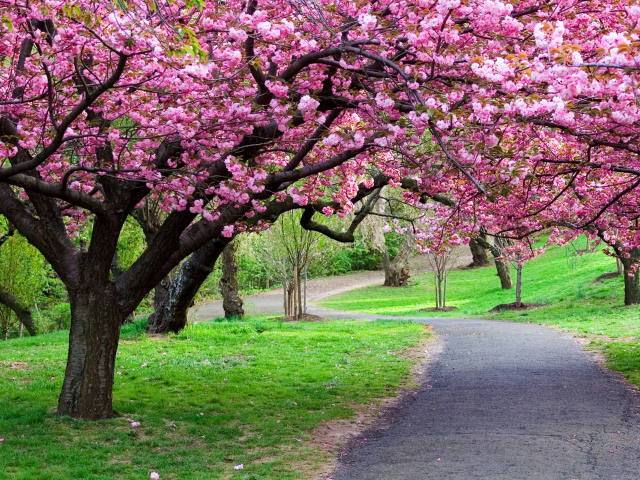Monday, January 30, 2012
Festival of the Heavenly God or Jade Emperor--31Jan 2012
This festival starts on the early morning of the 9th day of the Chinese lunar calendar (after midnight of the 8th day). It is the most important spring festival for the Hokkiens , a celebration which is celebrated widely by the Buddhist and Taoists Chinese in Malaysia. The celebration marks the birthday of the Jade Emperor or Guardian or Heavenly God, who lives in the centre of the universe. The most important offering for the Hokkien clan/ community is 'kam chia' or suger cane.
Story of the Hokkien clan and prominence of the sugarcane plant:
During the Song Dynasty (Mongol dynasty) most of the clans in Southern China (Fujian, Henan, Zhejiang) were heavily repressed and lived under great fear of the Mongols. The Hokkien clan were constantly at the mercy of the Mongols who attacked and hunted them, because the Hokkiens are seen a threat to the empire.
The Hokkiens then fled to the Henan province where sugarcane plantations were in abundance. Though many were killed by the pursuing Mongols, a group of Hokkiens managed to hide themselves among the sugarcane plants. The pursuing Mongols searched the area for days but never located the remaining Hokkiens.
The Mongols eventually gave up and returned to their base. On the ninth day of the Chinese Calendar, the Hokkiens happily emerged from their hideout praising the celestial deities for saving them and believed that the Heavenly God had protected them. Thus, from then on, in all Hokkien celebrations, the sugarcane plant is given special prominence.
That is why the Ninth day is regarded as the day of salvation by the Hokkien community. As offering to the Heavenly God, a pair of sugarcane plants is usually placed, one on each side of the offering table. The pair symbolizes unity, cooperation and strength.




























































